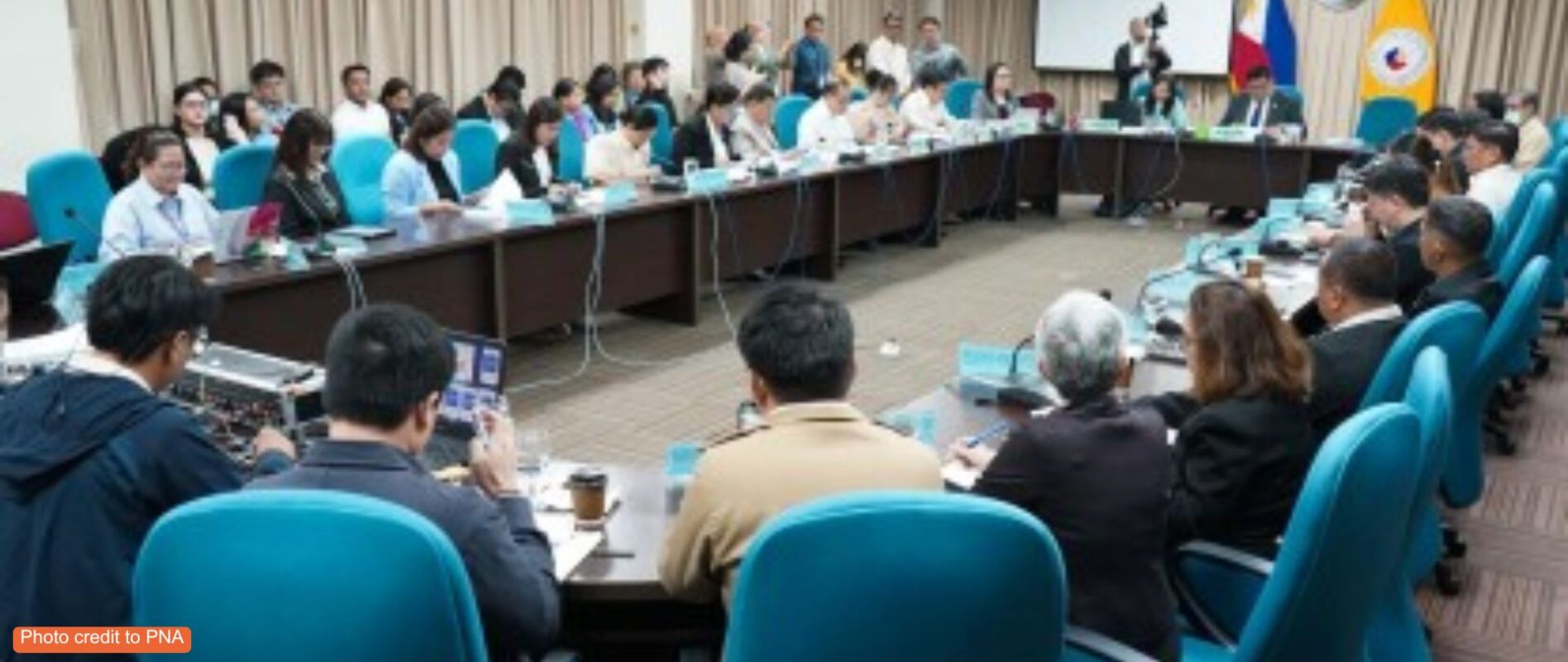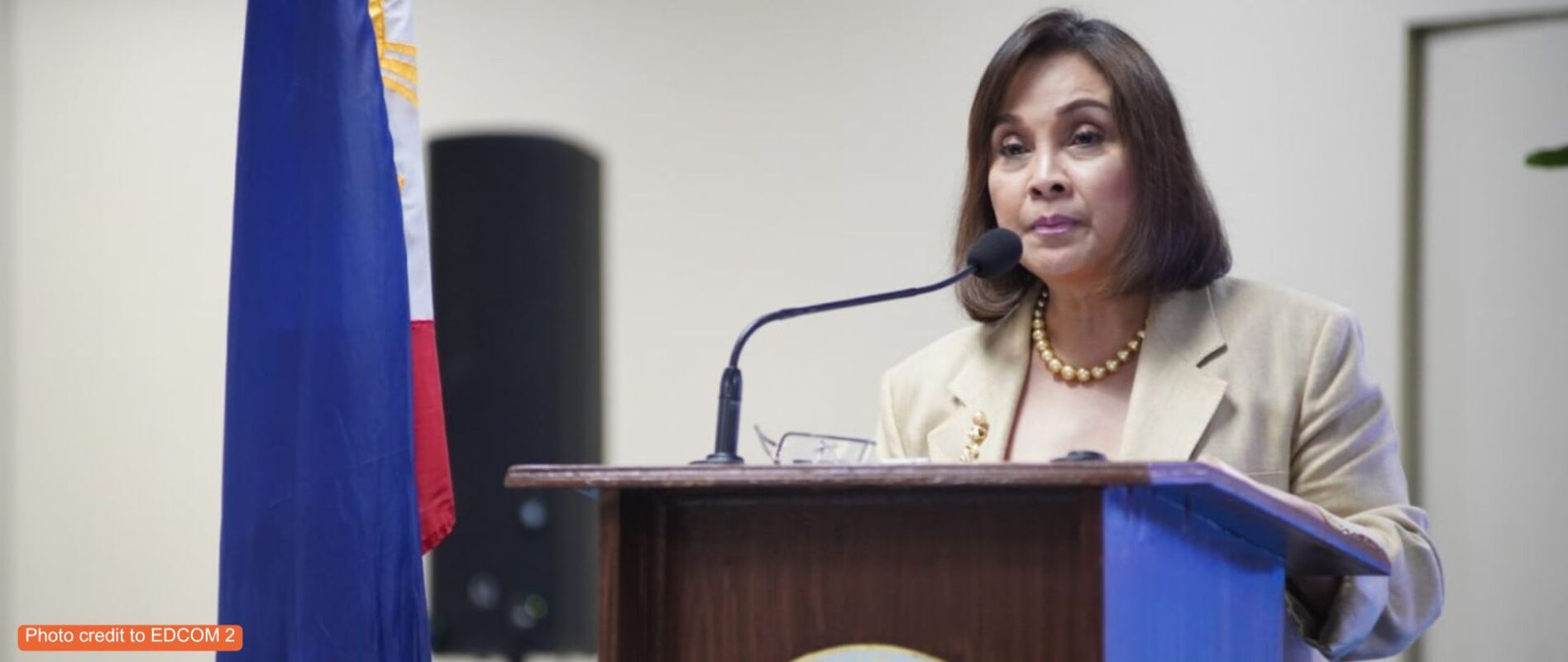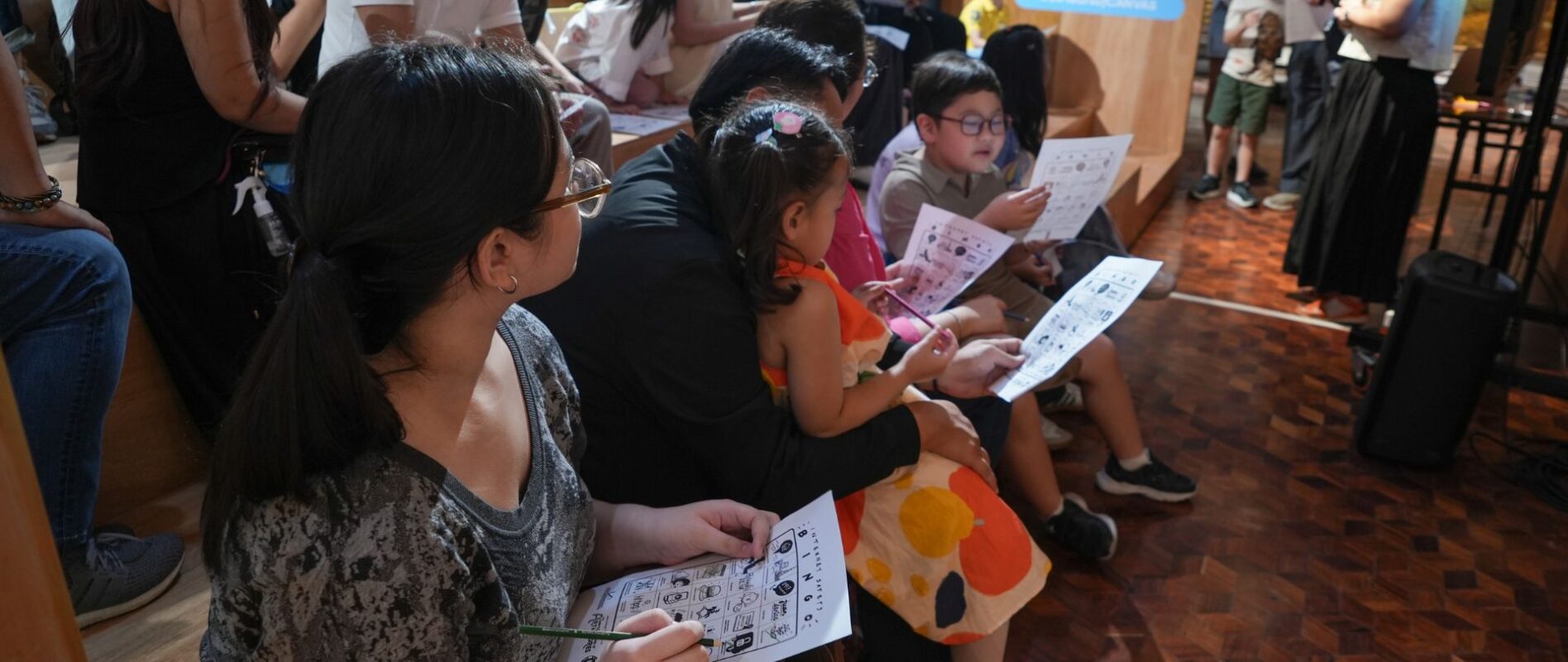SENATOR CALLS FOR DISCONTINUANCE OF MOTHER TONGUE AS MEDIUM OF INSTRUCTION
SENATOR Sherwin Gatchalian is urging the Department of Education to prioritize the effective and immediate rollout of the recently enacted law that discontinues the use of the mother tongue as a medium of instruction.
Republic Act No. 12027 removes the use of the mother tongue as a medium of instruction for Kindergarten to Grade 3, which had been mandated by the Enhanced Basic Education Act of 2013 (Republic Act No. 10533 or the K to 12 Law).
Under the new law, the medium of instruction will revert to Filipino and, when necessary, English, as provided by Article XIV, Section 7 of the 1987 Constitution. Regional languages will serve as auxiliary media of instruction.
However, the principles of Mother Tongue-Based Multilingual Education (MTB-MLE), as outlined in the K to 12 Law, may still be applied in monolingual classes, defined as classes where all students speak the same mother tongue.
For mother tongue instruction in these classes, minimum requirements must be met, including official orthographies published by the Komisyon sa Wikang Filipino (KWF), a documented vocabulary, and relevant literature and materials. Additionally, teachers who are trained and fluent in the mother tongue must be available.
A 2019 study by the Philippine Institute for Development Studies revealed that only 9% of the 16,287 schools surveyed met these requirements for effective implementation of MTB-MLE.
“It is clear from our students’ and teachers’ experiences that the implementation of the mother tongue in schools was not successful. Our research also shows that the use of the mother tongue is not suitable for multilingual classes. Now, teachers will have the freedom to use languages that better suit the needs of their students,” Gatchalian said.
He noted that previous studies presented during the Senate Committee on Basic Education’s review of MTB-MLE were conducted in monolingual settings, such as the Lingua Franca (1999-2002) and Lubuagan (1999-2011) studies.














